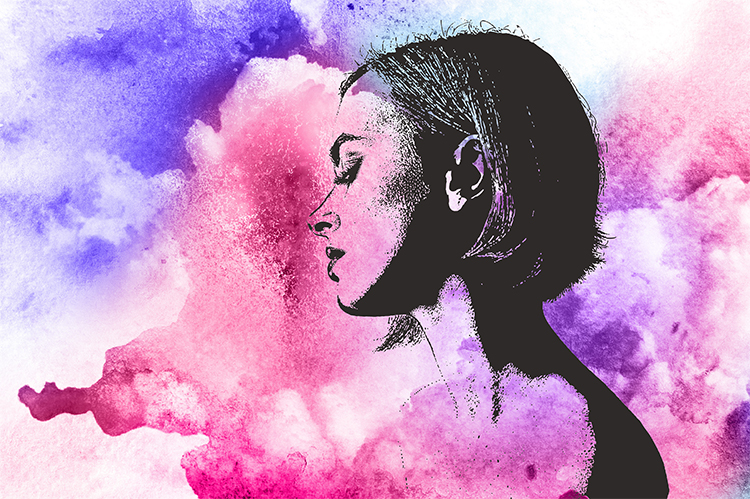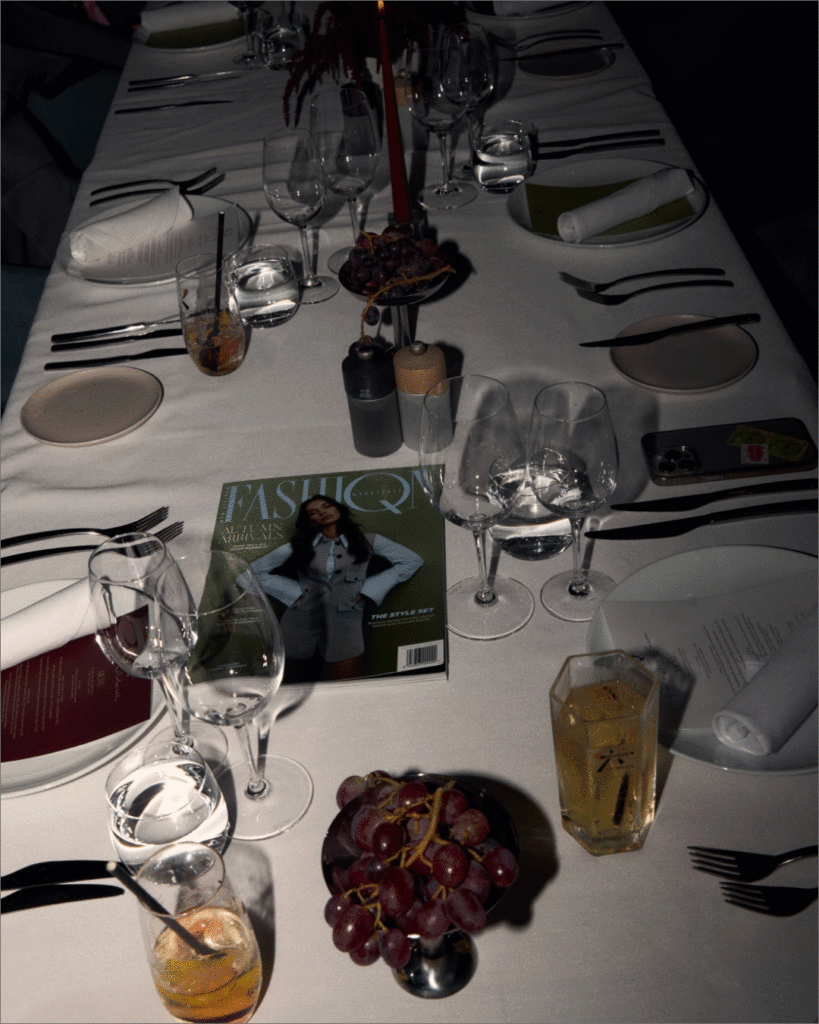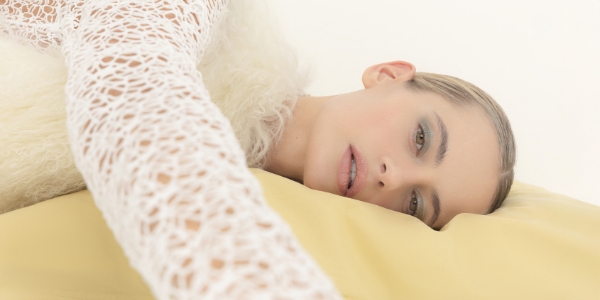Millennials have been dubbed ‘the anxious generation’, but how does it play out for sufferers? Emma Gleason shares some stories and solutions.
I’d always assumed regularly feeling fear and guilt was normal; as a teenager I barely acknowledged the anxiety that accompanied my daily existence. It wasn’t until I had my first panic attack — lying in the bath, my heart pounding — that I realised my near-constant panic and general emotional discomfort were fragments of a greater whole, and identified anxiety as part of my psyche.
Doing so was my first step to understanding it. I began to see that the disordered eating I struggled with was also a manifestation of anxiety: fear of losing control, worry about my appearance. Restricting my food intake and punishing myself with exercise had become a coping mechanism, one that ultimately made things even worse as I dealt with feelings of guilt, paranoia and failure.
Olivia* can relate. “My anxiety rears its ugly head through my relationship with food and exercise. It really all boils down to control. When I don’t feel in control of my life, I need to control the things I can, like what I eat, how much exercise I do… My anxiety has driven me to disordered thinking and behaviours.”
“Everyone admitted feeling an overwhelming pressure to attain perfection.”
Needless to say, we’re not alone. In the 2011/2012 New Zealand Health Survey, 7.7% of women reported being diagnosed with an anxiety disorder, compared with 4.4% of men. In the past six months alone, Anxiety New Zealand Trust has seen nearly 200 women aged between 15-44 for anxiety-related issues, double the number of men in the same age bracket.
According to one of the Trust’s registered psychologists, Nadine Isler, anxiety is like a state of fear. “Your body will react in ‘fight or flight’ mode, causing physical symptoms [like a rapid heartbeat and sweating] as well as thoughts [like] analysing your environment for threats.”
Anxiety can also present in more subtle ways. Kate* suffered from stomach aches for years before she discovered the cause. “I started going to the doctor a lot as I had crazy tummy pain, and was told I had IBS [irritable bowel syndrome],” she explains. Dissatisfied with this diagnosis, she began to investigate further and realised the pain was actually “more of a mental issue”.
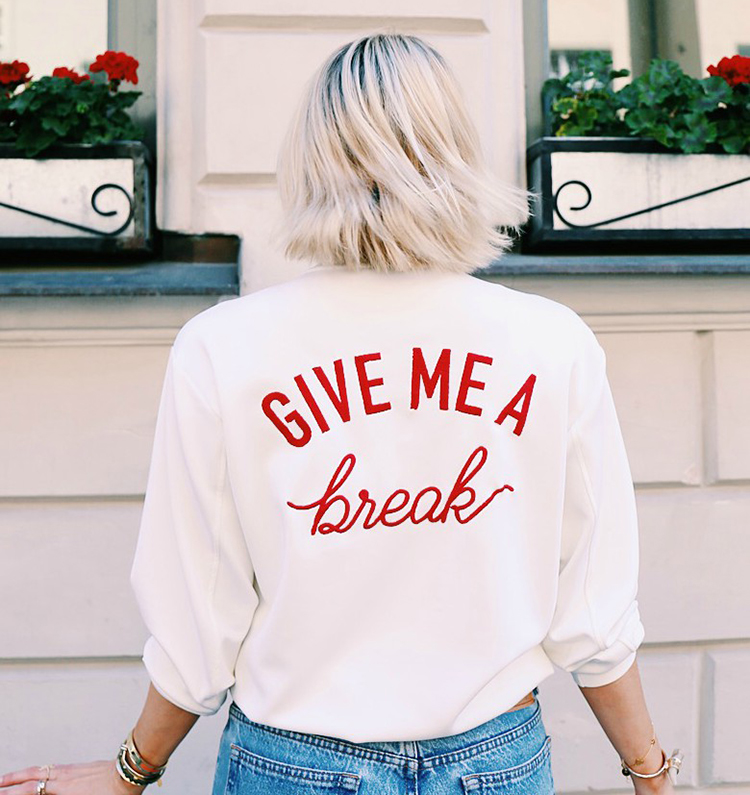
Compulsive behaviours are another sign. Olivia describes the need to “stick to certain routines, or do certain things before I can relax. You know it’s a high-anxiety week when Sunday night sees five neatly folded outfits and a fridge jammed with smoothies.”
Meanwhile, Gabbie* says, “I very rarely do anything social. It all seems too much for me. I plan things, but hardly ever follow through [because of] the anxiety. I feel bad that I’m never ‘present’ in relationships; although I know a lot of people, I have few friends.”
I knew some of my friends also struggled with anxiety, but when I began searching for people who’d be willing to tell their stories, the response was unbelievable, as was the depth and honesty of what they shared. Everyone admitted feeling an overwhelming pressure to attain perfection — the perfect career, perfect relationship, perfect appearance, perfect diet. As Leah* says, “There are so many extreme expectations for women of our age. We have to stay composed and be pretty and also fit, and pump out a whole lot of work constantly at a really high standard. We should see enough of our friends and family and partner — provided we have one — as well as work or study full-time. I get so overwhelmed and so stressed.”
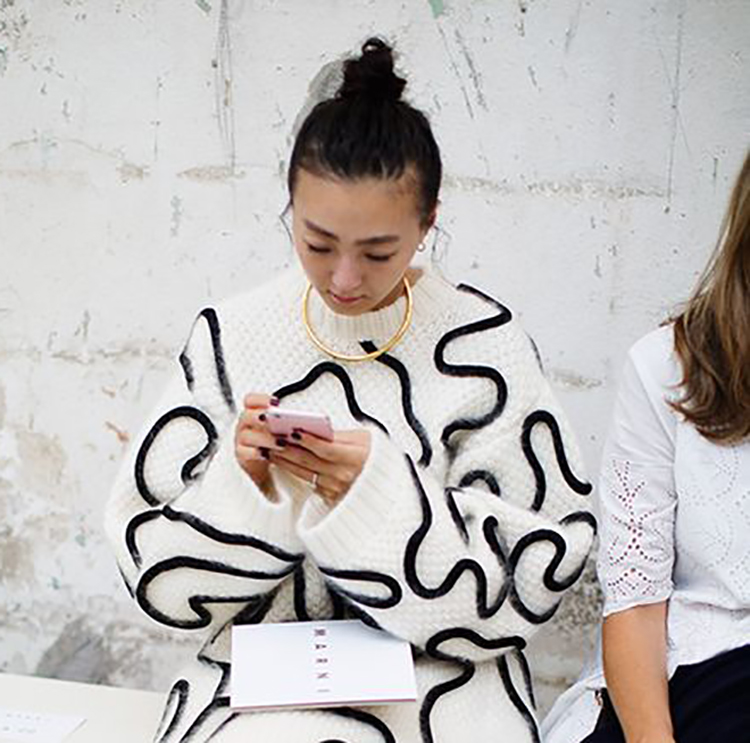
It’s no secret social media is a major contributing factor. Endless perfection is just a swipe away, giving us a strange yardstick against which to measure our self-worth. Sarah* agrees. “Social media is a beast that runs off people’s insecurities and anxiety. Everyone’s curating their [feeds] to be this aesthetically pleasing dream life. It’s important to remind yourself that it’s not real.”
For Rebecca*, society’s beauty standards are triggering. “As a woman of colour, [I see] white bodies constantly being portrayed as a sign of beauty. Even with women of colour, there’s a certain type of performative beauty and body positivity that I don’t [relate to], and that [makes me] super anxious.”
Career-focused Lucy* says her work-related anxiety can also be crippling. On one occasion, “I got feedback that one of my projects needed to be reworked, and although on the outside, project a strong, pragmatic self, I [began to doubt] whether I was in the right job, the right country, the right industry. I didn’t want to see anyone. I felt sick, my heart pounding, not knowing how to feel better.”
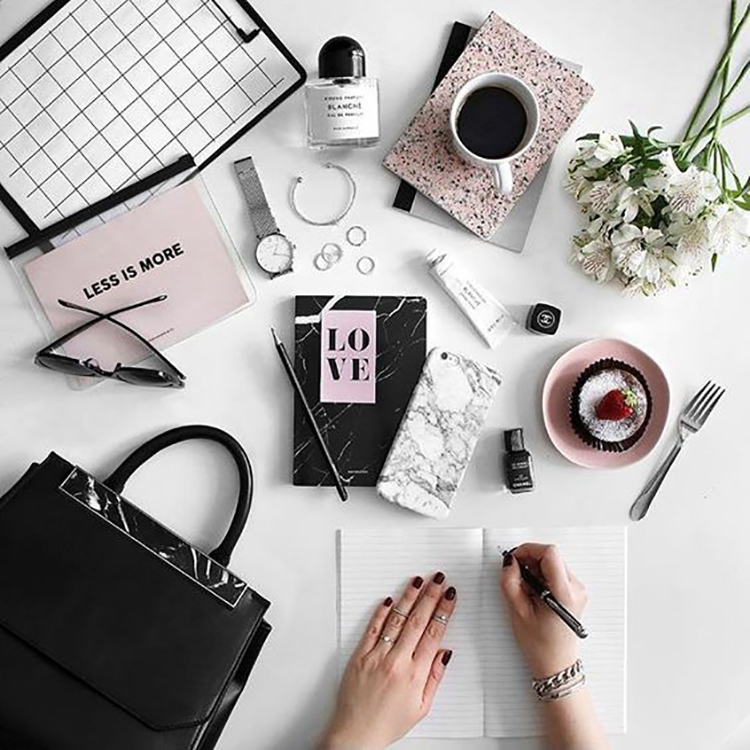
Others I spoke to also admitted avoiding others in an attempt to cope, and although that may initially seem to help, Nadine warns against it. “In the short term, you might feel relief, but in the long term, you’ll never get to learn that you would have been able to cope, [and so] your fear grows.” She also cautions against developing controlling or repetitive habits in order to soothe yourself. “[This] might include spending hours on specific rituals and compulsions, [or] going over and over something to make sure it’s perfect.”
For me, managing my anxiety is a day-to-day thing. Exploring methods of self-care can prevent it from spiralling: moderate exercise, a healthy diet and actively avoiding the hangxiety that accompanies a hangover.
Leah rates exercise as her top tip. “I’ve started running every morning. It’s half an hour when my brain is somewhere else — and that’s so positive.”
Sarah says embracing a healthy lifestyle has helped her handle her anxiety too. “These days, I rarely drink, try to eat well and keep my environment healthy. Lately, thanks to my partner, I’ve been going on long walks and hikes, which gives me a sense of calm and achievement.”
Kendall Jenner opens up about her battle with anxiety and sleep paralysis:
Kelly* also places importance on her downtime. “If I start feeling exhausted, I give myself the okay to relax and take time out.”
Self-care is one thing, but sometimes we all need a little extra support. Unfortunately, Kelly hit rock bottom before she sought professional help. “I couldn’t get myself out of bed, let alone our apartment. Only through months of talking and working with [my psychologist] did I realise I’d been in such a state of anxiety that it brought on a bout of depression.”
Rebecca, too, found a therapist she trusts and says, “I recommend it 100%. And if you don’t gel with [the first professional you visit], find another one. It takes time.”
“Therapists are here to help,” says Nadine. “We’re not here to judge. I have full respect for anyone who asks for help with their anxiety, and the sooner you start, the sooner you might have a solution.”


